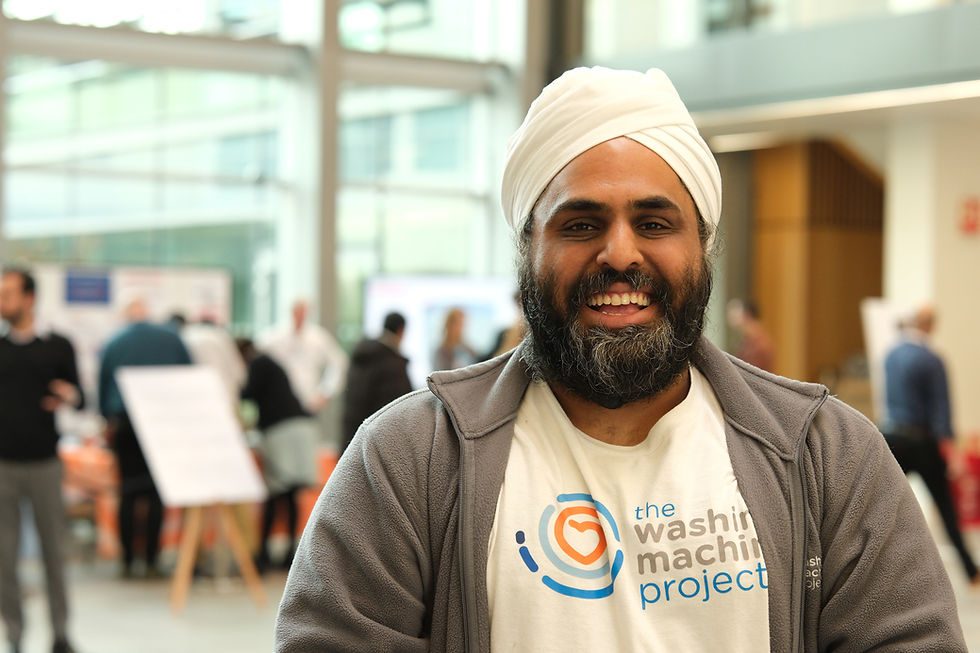A CONVERSATION ABOUT ELITIST BRITAIN & CRICKET
- Harjot Sidhu
- May 4, 2022
- 3 min read
What does the term ‘elite’ mean to you? The best? At the top of their field? Someone that’s done everything in their power to be better than the opposition? No matter the definition, we’d all be in agreement that everyone should at least have the opportunity to reach such a level. Equality of opportunity, if you will, which the Stanford Encyclopaedia of Philosophy defines as when “the assignment of individuals to places in the social hierarchy is determined by some form of competitive process, and all members of society are eligible to compete on equal terms.”
In 2019, The Sutton Trust and the Social Mobility Commission published the Elitist Britain report[i]. It aimed to offer an insight into Britain’s most successful people, by looking at their educational background. It confirmed that a large number of those in positions of influence originate from the small 7% of those that attended independent schools[ii]. The Independent Schools Council data (ICS) shows Oxford University accepted 42% of students from independent schools, with Cambridge taking 37.5%[iii]. That’s a huge over-representation, compared to the 7%. Then consider the educational backgrounds of those in some of the UK’s top professions. The data provided by the Elitist Britain report shows that 71% of Senior Judges attended Oxbridge, with 65% of those having previously attended Independent schools. Cabinet members consist of 57% Oxbridge graduates (39% having attended Independent school). Here are a few more for you:
Permanent Secretaries - 56% Oxbridge attendees (59% attended Independent school)
Diplomats - 51% Oxbridge attendees (52% attended Independent schools)
Newspaper Columnists - 44% Oxbridge attendees (with the same number having attended Independent school)
That 7% figure doesn’t look so small now, does it?
The Elitist Britain report features just one sport in the list of top 10 professions with the highest independent school attendance. You’ve guessed it. Cricket. A whopping 43% of professional cricketers are privately educated. It’s no secret that private education comes at a significant cost. Government findings show 68% of all Bangladeshi children in Britain, and 46% of all Pakistani children, grow up in poverty.[iv] In early 2021, I spoke to Middlesex cricketer Naomi Dattani. Naomi was quite clear in that you need to make cricket “fun, accessible and cheap,” if you are to get kids interested in the game. Expensive cricket is not accessible cricket. Ashes winning England wicket-keeper, Matt Prior, recently also raised the issue of costs, when he told BBC Sport that cricket is not “selecting the best, most talented cricketers.”[v] Instead, it’s the ones that can afford it" that succeed. Replies to a Matt Prior tweet on the subject exposed the costs, and the frustrations, that parents face to put their children through training and trials at County Age Group (CAG) levels:

Recently appointed ECB Managing Director and former England batsman, Robert Key, also chimed into the cost conversation when speaking to Sky Sports News, saying “I don't know if that's fair…I really don't know where that money goes”[vi]
But it’s not all playing and pathway costs. To do so would ignore all the other issues that come with elitism, such as exclusionary practices, racism and prejudice. Leicestershire CCC CEO, Sean Jarvis, recently teamed up with the Cricket Supporters Association to giveaway 4,000 complimentary tickets to the local community[vii]. Initiatives like this make county and red ball cricket accessible to those that may have otherwise felt neglected. It helps grow new fans and introduce the game to new audiences. It promotes social mobility.
There is a stark warning from The Sutton Trust and Social Mobility Commission within their report, which is that “there is a danger to society if many of those in such positions of power and influence are from a very similar background and a limited set of life experiences, which do not reflect the lives of the country as a whole.”
At a time when the elite seems to be able to do and get away with whatever they want, it’s more important than ever that social mobility and equality of opportunity are at the centre of our society’s thinking.
[i] https://www.suttontrust.com/our-research/elitist-britain-2019/ [ii] https://www.isc.co.uk/research/ [iii] https://www.independentschoolparent.com/university/oxbridge/ [iv] https://researchbriefings.files.parliament.uk/documents/SN07096/SN07096.pdf [v] https://www.bbc.co.uk/sport/cricket/60071225 [vi] https://www.skysports.com/cricket/news/12123/12522087/unchecked-cost-of-elite-youth-cricket-in-england-is-pricing-people-out-says-rob-key [vii] https://www.leicestershireccc.co.uk/news/lccc-giveaway-4000-complimentary-tickets





Really thought-provoking read! The discussion around elitism in British cricket hits home, especially when we consider how access to the game is still limited by class and opportunity. In countries like India, platforms like laser247 have helped democratize the cricket experience by allowing anyone to engage with the game digitally—regardless of background. It shows how technology can bridge gaps where traditional systems still fail. Imagine the impact if similar digital access points were embraced in the UK cricketing structure. Great piece, and looking forward to more such dialogues!